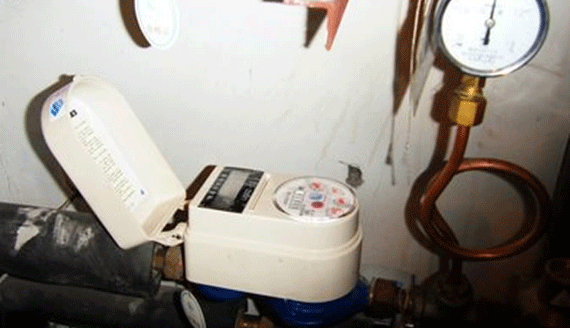
The government has a penchant of adopting the easiest solutions to problems and does not pause to think about possible future complications.
Faced with a growing number of Zimbabweans unable to pay their bills on time due to the harsh economic environment in the country, the government is urging local authorities to install pre-paid water meters especially in urban centres.
Several local authorities have been struggling to collect revenue from ratepayers owing to dwindling incomes.
However, many note that the problem of non-payment of bills worsened last year when the government ordered local authorities to write off outstanding debts accrued between 2009 and 2013.
The directive was obviously motivated by Zanu PF’s desire to win an impending election on July 31 2013.
Councils are now being encouraged by the government to install pre-paid water meters that would certainly leave many families without access to water.
Bulawayo City Council is already piloting the water meters in Cowdray Park’s Hlalani Kuhle section.
The section has residents who are mostly in the lower income bracket who might find it difficult to get money to purchase water on credit.
- Chamisa under fire over US$120K donation
- Mavhunga puts DeMbare into Chibuku quarterfinals
- Pension funds bet on Cabora Bassa oilfields
- Councils defy govt fire tender directive
Keep Reading
Prepaid stet would without doubt limit access to water, a violation of the Constitution and international conventions that Zimbabwe is a signatory to.
Section 77 of the Zimbabwe Constitution states that every person has the right to safe, clean and potable water.
But with the introduction of pre-paid water meters, poor families would be forced to use unsafe water The majority of Zimbabwean urban centres are struggling to provide clean water and the government should be working on strategies to rectify that instead of punishing the poor.
This is clearly not the right time to introduce pre—paid water meters as long as unemployment remains above 85% and the majority of families in cities and towns are struggling to put food on the table.










